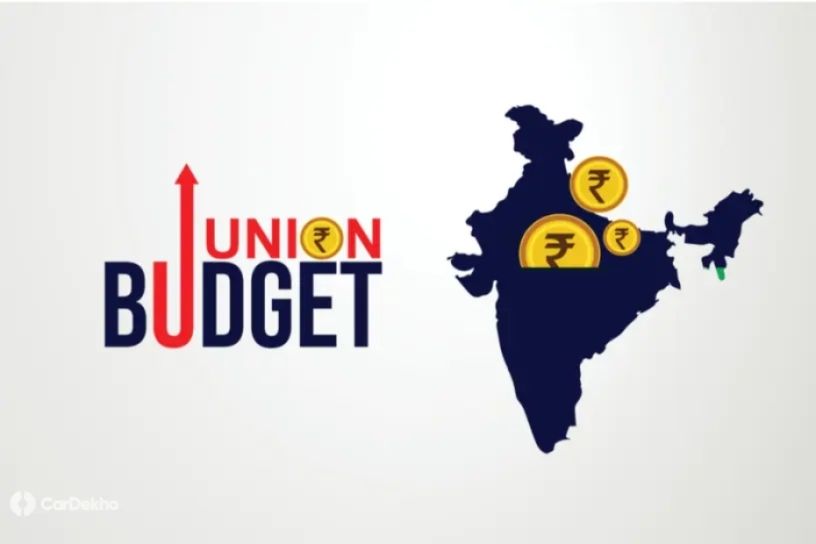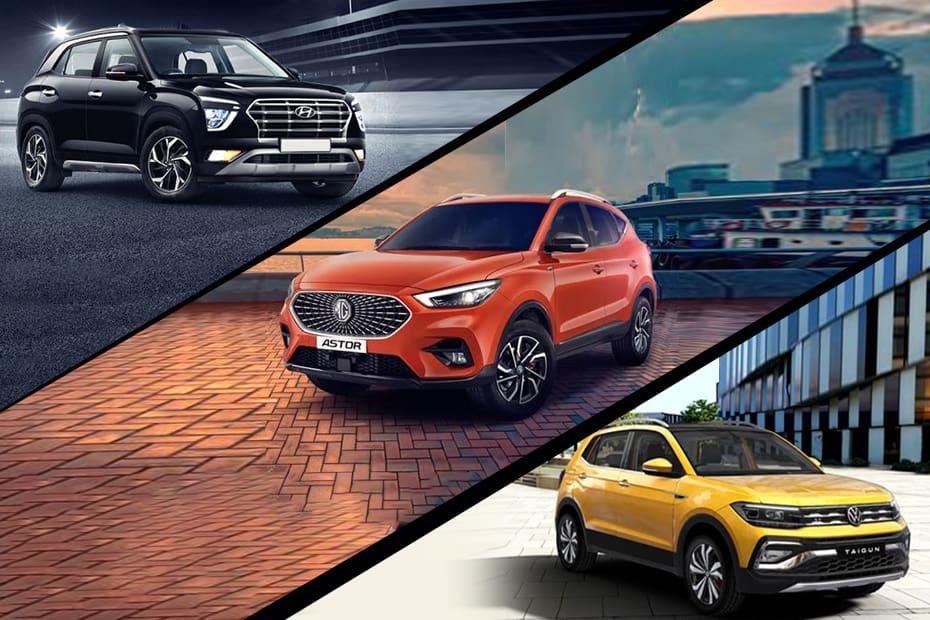Here Are The 5 Automotive Concerns That Are Expected To Be Brought Up In The Budget 2022
Modified On Jan 28, 2022 06:17 PM By Tarun
- Write a comment
The manufacturers are expecting some relief in the EV and used car business

The Finance Ministry will announce the Budget 2022 on February 1. The automotive industry is battling with several issues including semiconductor shortage, increasing manufacturing costs, and mainly, an uncertain future due to the pandemic and possible lockdowns. The industry is expecting many concerns to be addressed in the upcoming Budget 2022, which should relieve the automotive industry as well as the owners/buyers.
The FADA (Federation of Automobile Dealers Association) and the automakers have reeled in their various concerns, which they are expecting to be addressed in the Budget 2022. Those concerns are as follows:
Additions To The PLI Scheme
Government introduced the PLI (Production-Linked Incentive) scheme in 2021 to boost local manufacturing. As per the scheme, a company will be eligible for certain incentives for five years, if they meet the criteria. The industry is expecting small and medium-sized companies with less turnover to also be included in the scheme. This will encourage many startups that currently do not fall into the criteria, due to low turnover or revenue.
Toyota Kirloskar Motors stated, “We believe that through its focus on the Production Linked Incentive Scheme (PLI) for several key identified sectors, the Govt has sought to transform India's economy by attracting huge investments in advance and future technologies, and for areas where India is currently highly import dependent. This initiative promises not only to make us self-reliant but also globally competitive. As the huge Govt allocation will be spread over the next five years, these schemes will give the desired boost without the sudden immediate burden on the exchequer.”

Extension Of The Fame-II Scheme
In 2021, the government extended the FAME-II scheme for electric vehicles till March 31, 2024. The industry is expecting the dates to be further extended, which will help in keeping the EVs more affordable. The FAME-II scheme allows subsidies and tax rebates for certain electric vehicles. If an EV qualifies for the scheme, then its asking prices can be lowered substantially.
Also Read: Government Will Subsidise Chip Manufacturing By Up To 50 Percent
Lower GST Rates For EV Components
Now, this is crucial. While the GST rates for EVs were reduced to 5 percent, the rates for EV components still range from 18 to 28 percent. The EV industry wants the government to provide some relief here, so that the manufacturers can reduce costs. This, in turn, will help in reducing the prices of EVs by a huge margin.
Reduced GST Rates For Used Cars

The industry is hoping to see the GST rates for used cars lowered to 5 percent. Currently, a sub-4-metre car carries 12 percent rate, while other cars (over 4-metre length) carry 18 percent. This will reduce the buying prices of a used car and also encourage more car buyers. FADA states,” The Association requests for a uniform GST rate of 5 % on the margin for all used vehicles, to create a win-win situation for the Government, Dealers, and Vehicle Owners. With the reduction in GST, it will help the industry to shift from unorganized segment to organized segment, thus bringing in more business under the ambit of GST helping in putting a brake on tax leakages.”
Also Read: Delhi Government Mandates Vehicles 15-Years Or Older To Be Scrapped
Benefits In Depreciation Claims
If you own a car purely related to your business, you can claim its depreciation under the Income tax. This will be put up as business expense, which will further be subtracted from the net profit, and in turn, leading to less taxable income. Till now, this rule was applicable to businesses only. Now, the FADA is recommending the government to extend this rule to salaried class as well, which will reduce ownership costs over the years.
The FADA also requests for reintroduction of the increased depreciation rate, which was only valid for vehicles purchased between August 23, 2019 to March 31, 2020. The current 15 percent depreciation rate was increased to 30 percent, which further reduced the taxable income.
The government is also expected to work towards reducing import duties. Many manufacturers including Tesla, have requested to lower the customs and taxes on imported vehicles, which will help the carmakers to expand their lineup in India.
1 out of 1 found this helpful















